Constitutionalism in the Age of Populism, by Jeremy Webber
By Jeremy Webber, Faculty of Law, University of Victoria
The debate over populism forces us to think harder about the meaning of popular self-rule, democratic practice, and the constitutional structures that organize and constrain that practice. The debate necessarily brings us back to constitutionalism, with that term considered in its broadest sense: not just the legal rules that confine government action, but also the institutional arrangements and ethical practices that establish government, give government its form, subject it to popular decision-making, characterize the nature and processes of that decision-making, and indeed define the people (or peoples) themselves. The debate over populism is intrinsically connected, then, to debates over other essentially contested concepts, notably democracy, citizenship, peoplehood, and the rule of law.
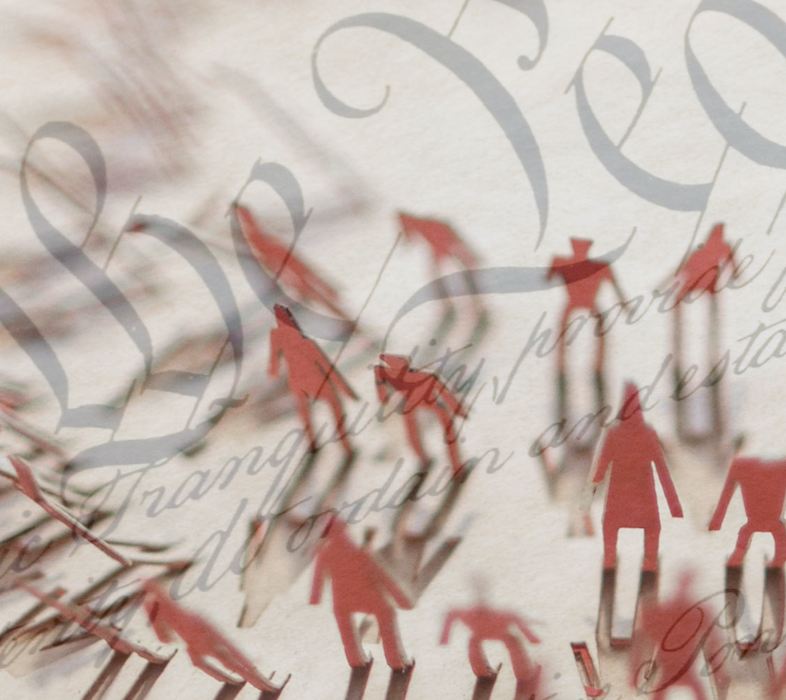
My discussion paper for the conference at UVic seeks to begin that process by canvassing various ways in which populism is used, identifying elements that are common in uses of the term; identifying others that are often invoked but that appear to be less universal in their invocation (elements, that is, where the relationship to populism is more one of affinity or propensity than centrality); and attempting to show how those elements are interrelated. This discussion paper is not intended to define populism. That is not what one does with essentially contested concepts. But it does seek to sketch the contours that emerge from the deployment of populism’s various elements – or, to mix metaphors, to explore the discursive ecosystem that populism helps to determine. The paper was itself developed discursively, first by a call for input to a group of faculty and graduate students engaged in the Cedar Trees Institute , and then workshopped among a group of some twenty faculty and grad students on 2 March 2020.
To be clear, the purpose of this paper is not primarily descriptive. It is undertaken in order to clarify what is at stake in populism for normative political and legal theory – or, better, not for theory but for practice: How should we conduct ourselves as democratic citizens? How should we conceive of the dimensions of our people? What are the appropriate constitutional foundations for democratic self-rule?
About the author: Jeremy Webber is Professor of Law at the University of Victoria, Fellow of the Trudeau Foundation and Fellow of the Royal Society of Canada. He held the Canada Research Chair in Law and Society and served as the Chair and Dean of Law. Prior to joining UVic, he was the Dean of Law at the University of Sydney, and Professor of Law at McGill University. Webber has written widely on constitutional law, Indigenous rights, federalism, cultural diversity, and constitutional theory in Canada and in relation to other countries (especially Australia). He is the author of Reimagining Canada: Language, Culture, Community and the Canadian Constitution (1994), The Constitution of Canada: A Contextual Analysis (2015), and Las gramáticas de la ley: Derecho, pluralismo y justicia (2017).


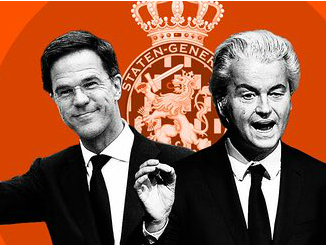


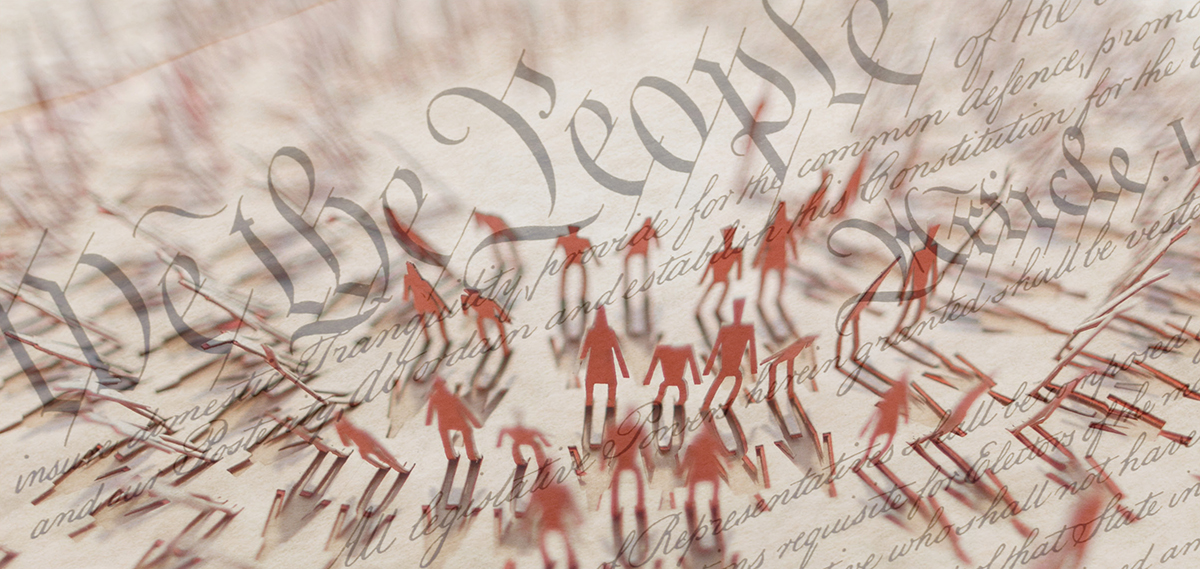
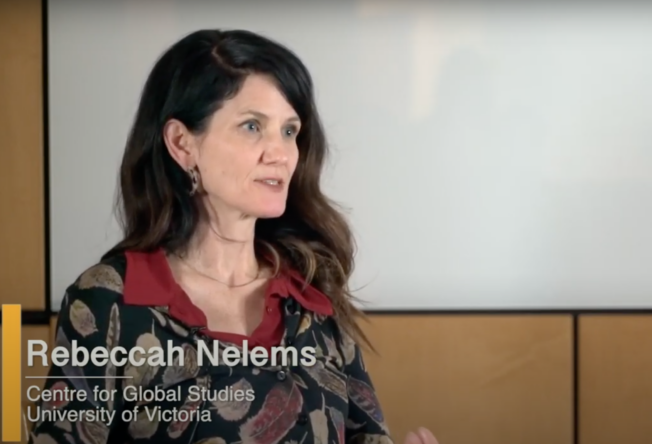
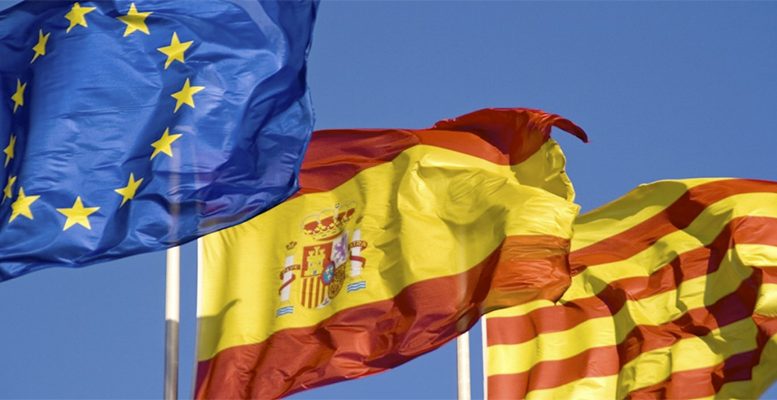
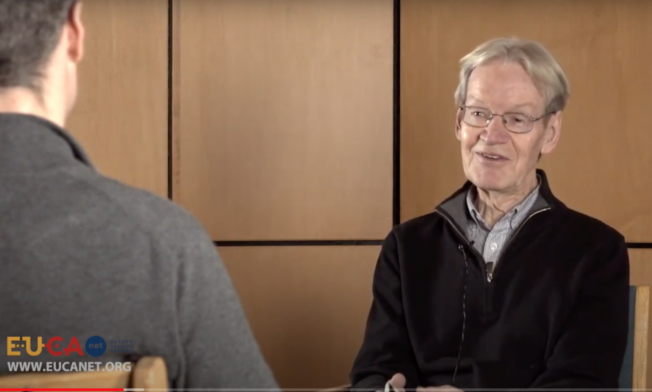


Some views on Populism nowadays
Qin Biaosheng
(the Department of Moral Education Beijing Sport University)
Today, populism is rampant. This is an idealist who blindly pursues the common people’s value. Since the rise of the middle and late 19th century, populism has been more or less widely spread all over the world, especially the rise of anti-globalization thoughts, which has a profound impact on the world political process and mutual trust and cooperation between countries around the world.
As Professor Jeremy Webber said, in addition to the historical development, the important reason for the prevalence of populism nowadays is the impact of the state of the world economy. Since the outbreak of the world financial crisis in 2008, the traditional national government in response to the economic downturn in the context of globalization, the gap between the rich and the poor further widened, many problems such as people’s livelihood can’t be solved, which triggered strong dissatisfaction among the people and disappointment with the traditional national policy. At the same time, the problem of refugees is escalating, and the problems of social employment and public security caused by the problem of immigration aggravate the spread of populism. This idealist who pursues the power of the common people finally relies on the support of the bottom people of the society, incites the ethnic opposition, opposes the immigration, and encourages the opposition between the common people and the elite. This kind of modern populism obviously has the characteristics of anti-globalization, anti-system and anti-elite. Among them, Trump’s election victory in 2016 is a typical example. In particular, after trump was elected, he took a series of actions, such as withdrawing from the Paris climate agreement, calling out the slogan of “make America great again”, with a serious populist color.
Therefore, how to deal with the challenges brought by populism to the whole world is a problem worthy of consideration. In today’s world, economic globalization is an inevitable trend. It is impossible for every country’s development to leave the world or the mutual cooperation among countries, no matter what kind of national system and system it adopts. It will inevitably bring development uncertainty and instability risk to the whole world. Therefore, to deal with this challenge, we should firstly advocate the value concept of win-win situation. It is necessary to eliminate the conflict of value concept within and between countries. Only when we regard the world as a community with a shared future can we truly achieve the goal of mutual trust and mutual assistance. Secondly, we should carefully consider what the real “people” is and what the real representative of the interests of the people is. A lot of experience tells us that the people mentioned by populists end up serving for individuals or some people. They just use the name of the people. Finally, we should respect the development model of each country and the specific connotation of democracy. What is the best democracy? I think only the people of this region and countries have the right to say. We should have more tolerant attitude to see the different colors of different countries in the world. Any imposed value idea is meaningless; otherwise it can only evolve into idealism.